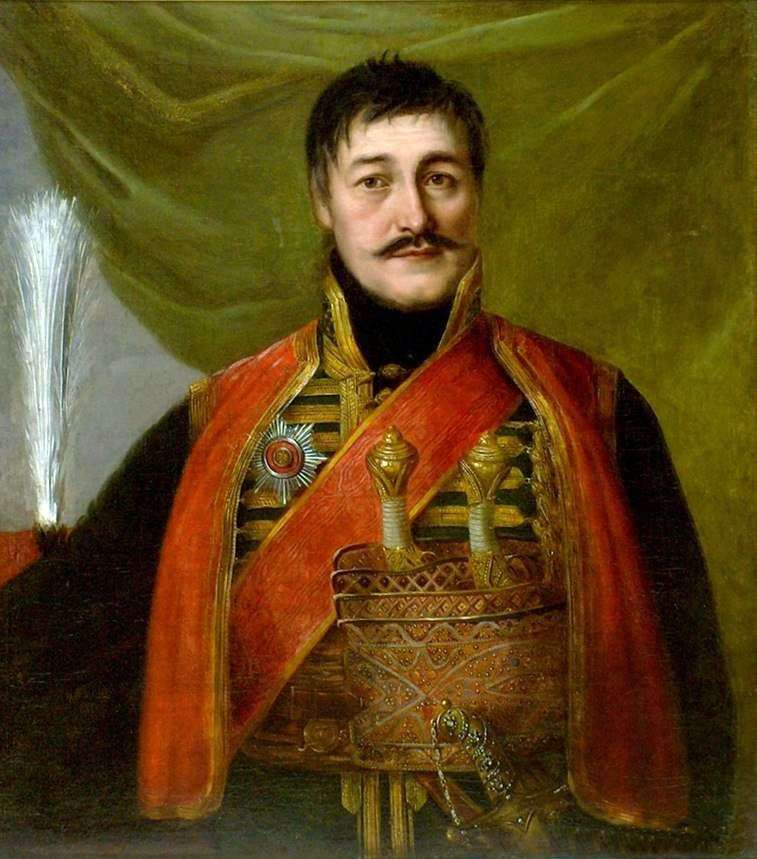
George Petrovich, nicknamed Black, who went down in history under the name of Karageorgia, was the supreme leader of the anti-Ottoman uprising that swept Serbia in 1804-1813. This massive armed demonstration of the oppressed people against the five-hundred-year-old power of Turkey marked the beginning of the revival of the independent Serbian state.
Due to its strength and scale, it shocked the Balkans. The commander’s gift of the illiterate Serbian leader, who dared to challenge the brilliant Porte and inflict more than one defeat on the Sultan’s army; the extraordinary abilities of the state builder, the immense desire for freedom for Serbia; worthy of admiration for personal courage, who rampantly threw him into the heat of battle and generated the ability to cut and shoot at the same time; and at the same time the rigidity of thoughts, attitudes and actions resulting from patriarchal manners and aggravated by the war situation, was such a prototype of the hero of two poems by Alexander Pushkin.
The name of Karageorgia was heard in Petersburg, and even more so in Bessarabia. The rebellious image of the leader of the Serbian insurgents could not have more accurately answered at that time the moods and romantic aspirations of the poet. In 1820, being in exile in Chisinau, the poet wrote a poem “Daughters of Karageorgia.”
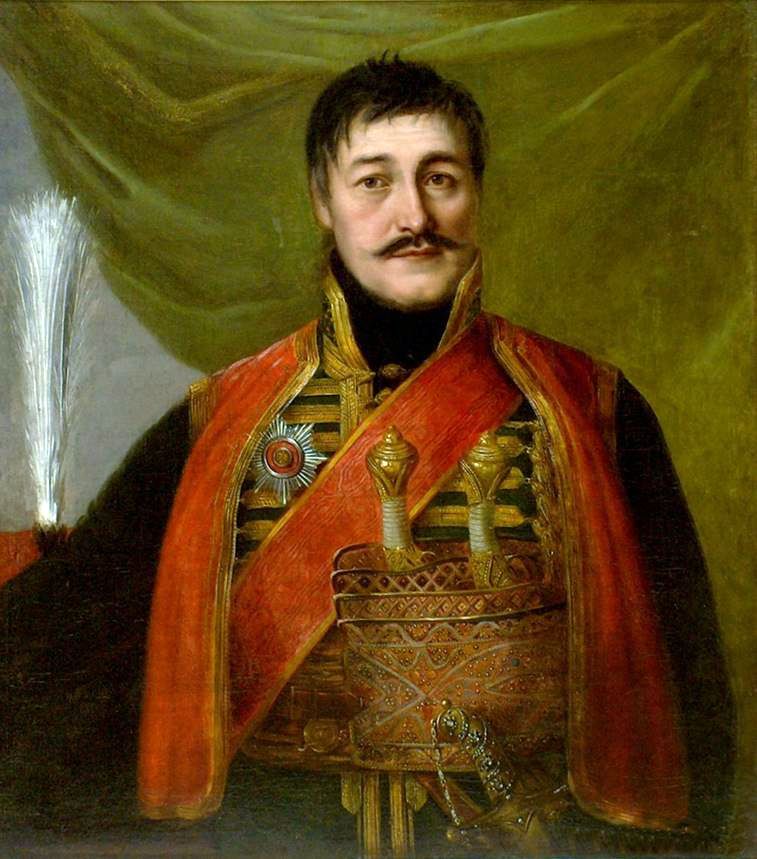 Portrait de Karageorgiy – Vladimir Borovikovsky
Portrait de Karageorgiy – Vladimir Borovikovsky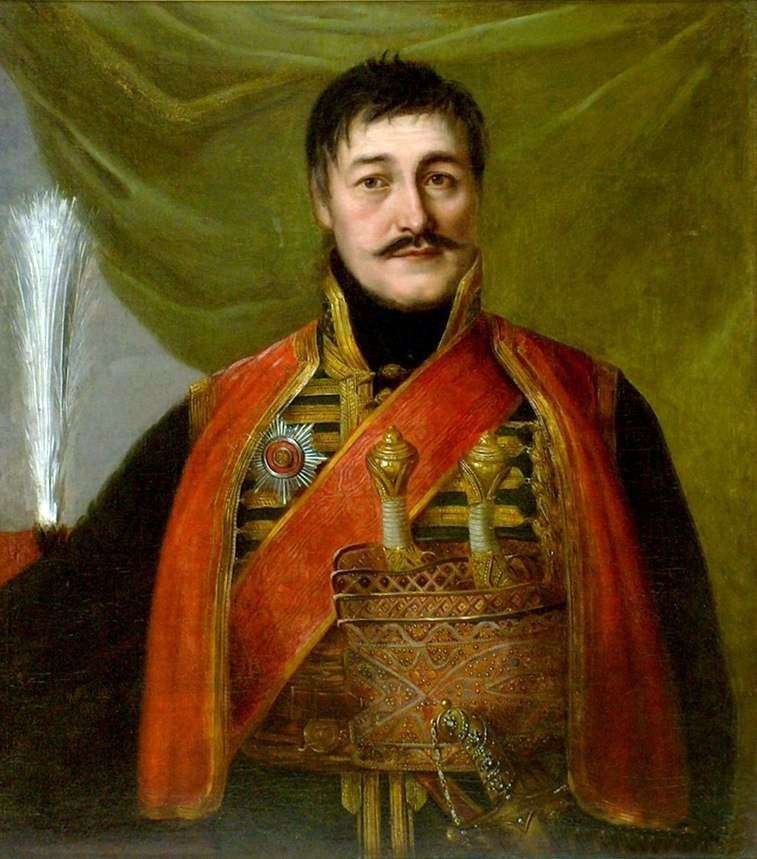 Retrato de Karageorgiya – Vladimir Borovikovsky
Retrato de Karageorgiya – Vladimir Borovikovsky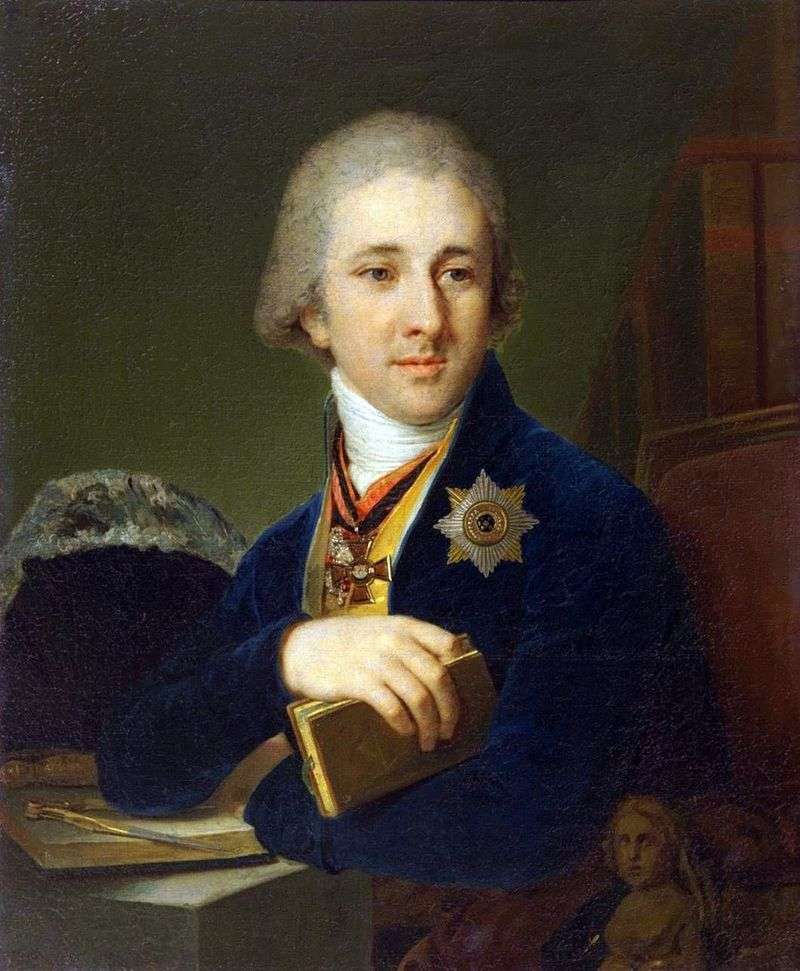 Portrait of the writer, Mason Alexander Fedorovich Labzin in a blue caftan by Vladimir Borovikovsky
Portrait of the writer, Mason Alexander Fedorovich Labzin in a blue caftan by Vladimir Borovikovsky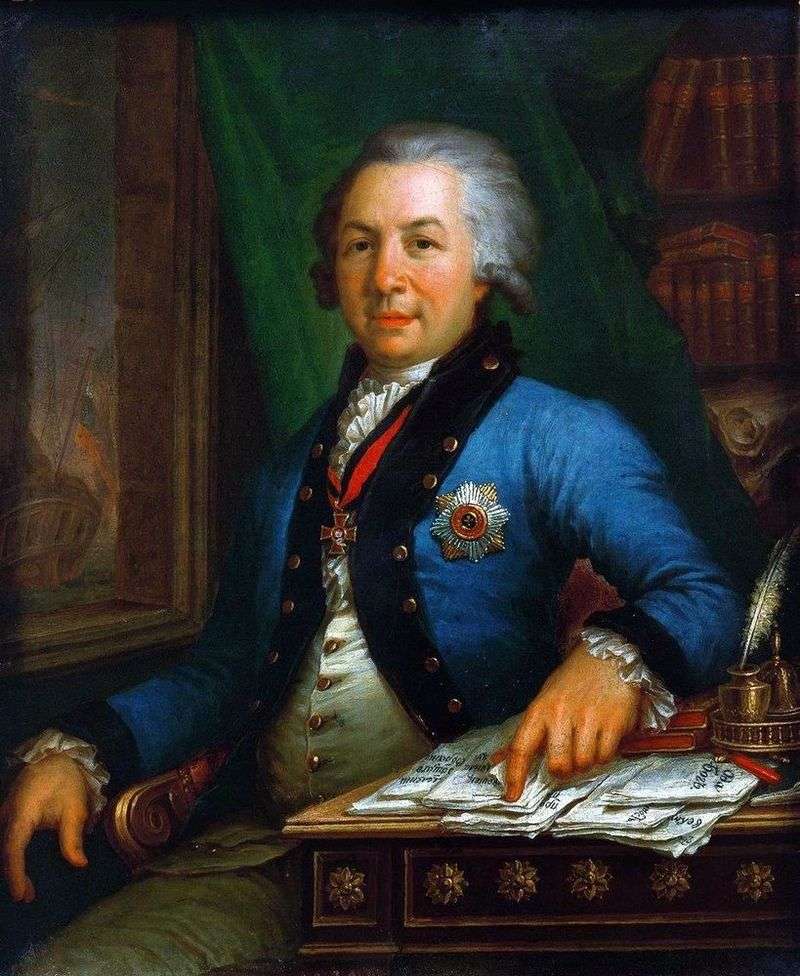 Portrait of the poet GR Derzhavin-1795 by Vladimir Borovikovsky
Portrait of the poet GR Derzhavin-1795 by Vladimir Borovikovsky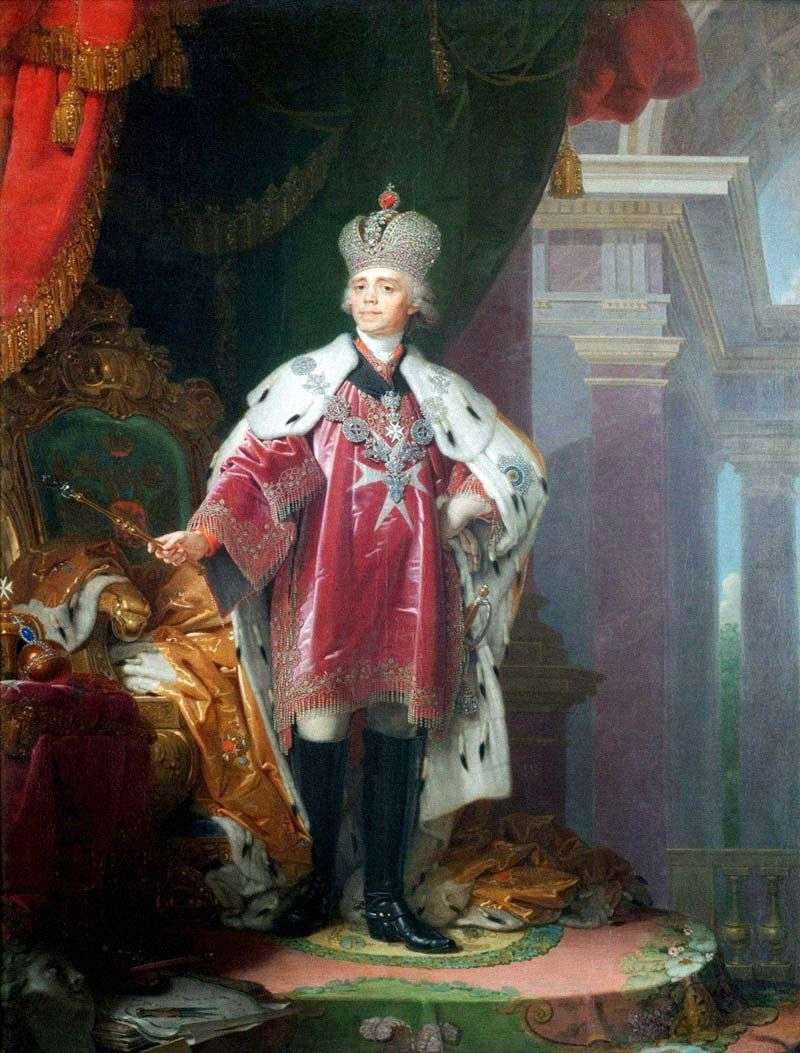 Portrait of Emperor Paul I by Vladimir Borovikovsky
Portrait of Emperor Paul I by Vladimir Borovikovsky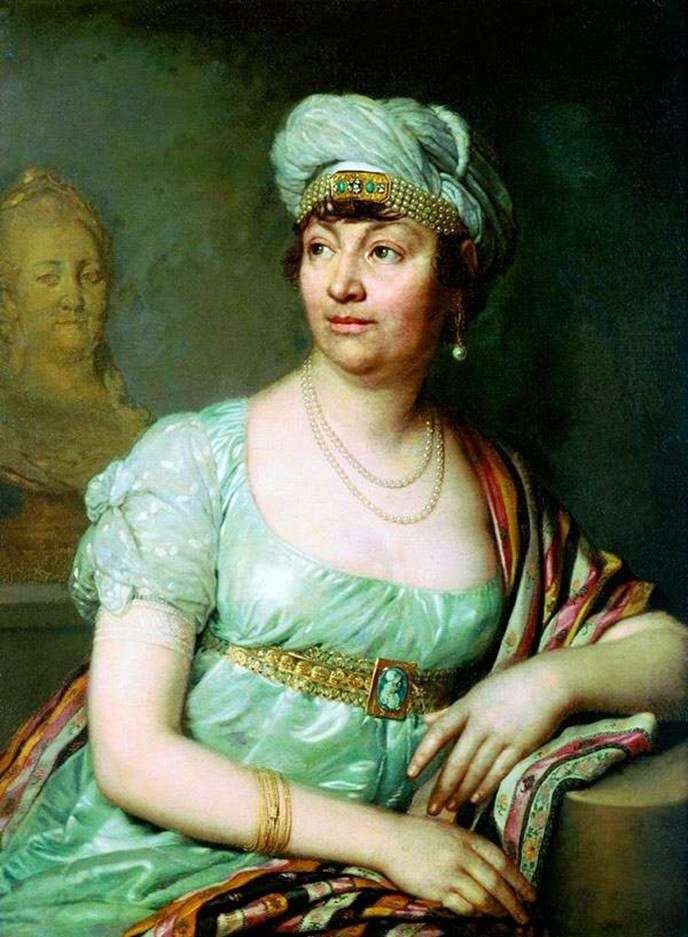 Portrait of Louise Germain de Stael by Vladimir Borovikovsky
Portrait of Louise Germain de Stael by Vladimir Borovikovsky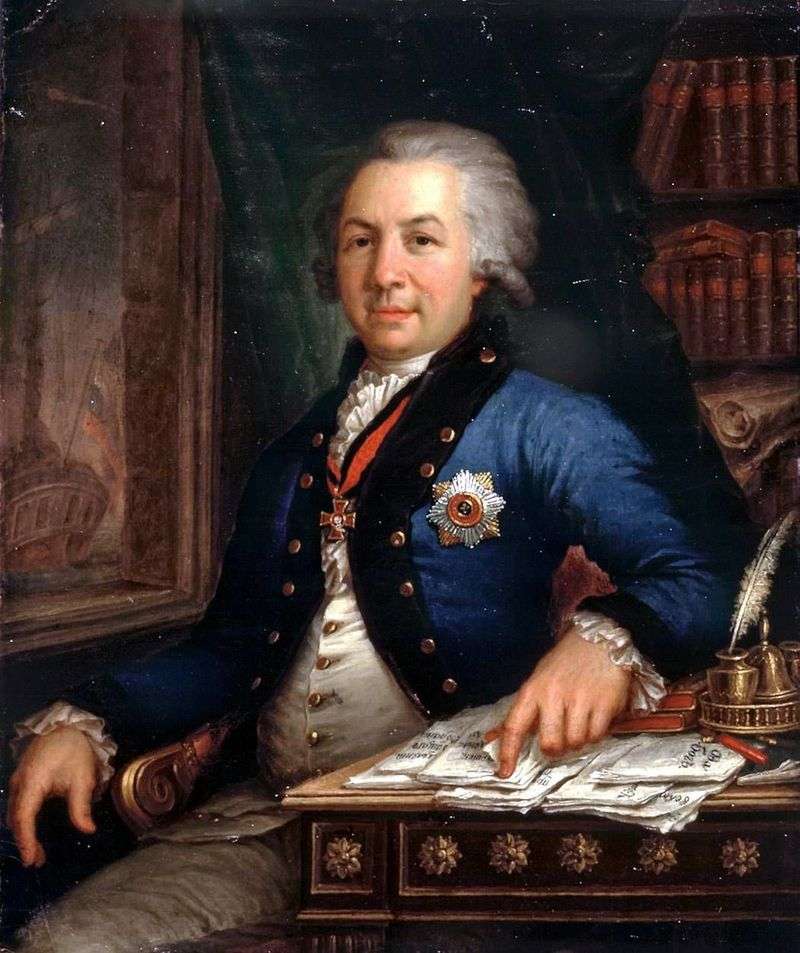 Portrait of Gabriel Romanovich Derzhavin by Vladimir Borovikovsky
Portrait of Gabriel Romanovich Derzhavin by Vladimir Borovikovsky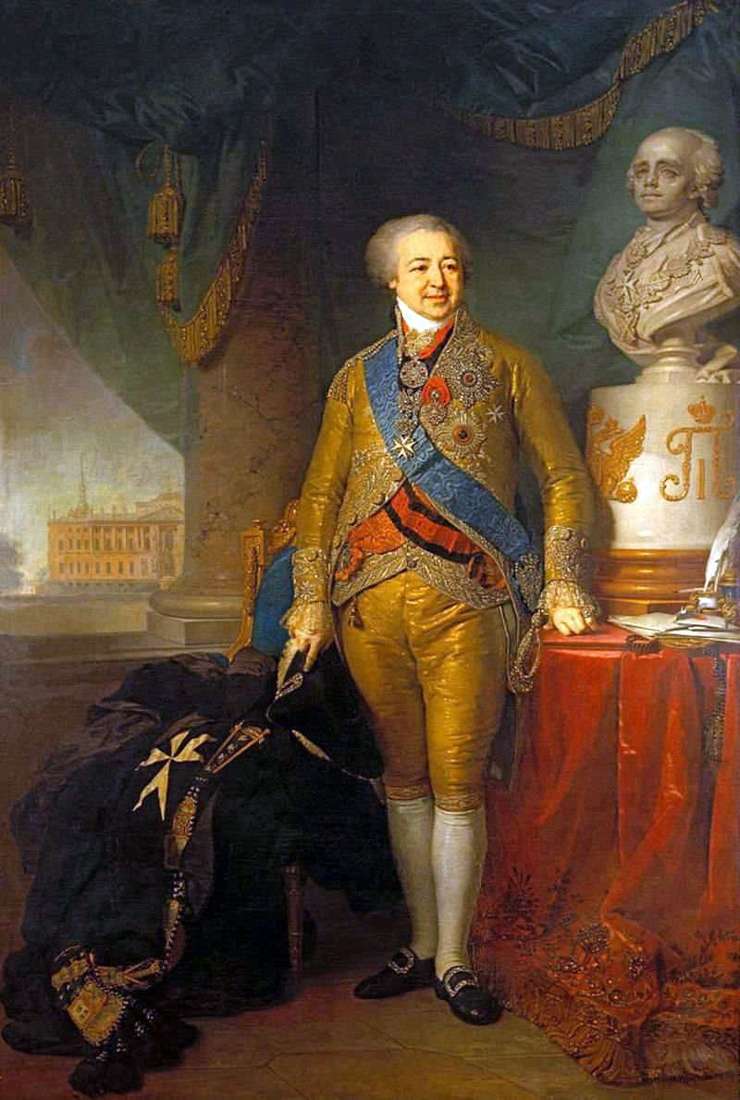 Portrait of Prince Alexander Borisovich Kurakin by Vladimir Borovikovsky
Portrait of Prince Alexander Borisovich Kurakin by Vladimir Borovikovsky